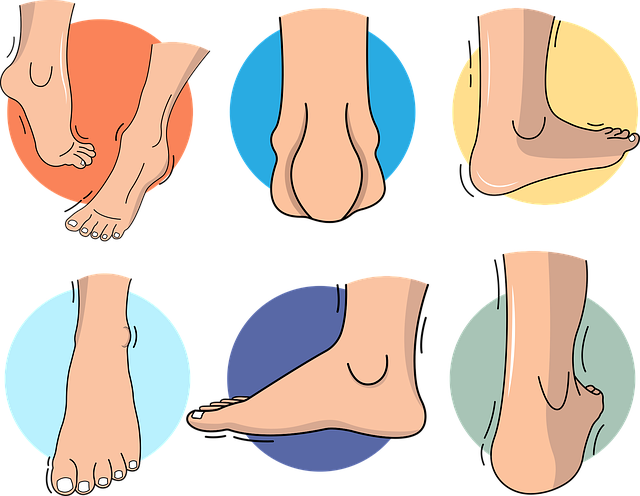Understanding time limits is vital for navigating personal injury compensation claims, with statutes of limitations varying by jurisdiction and case type (e.g., accidents, medical malpractice) between one to three years to file legal action. Factors like injury severity, case complexity, and defendant cooperation impact timelines. Expediting claims is beneficial through prompt medical record gathering, retaining specialized attorneys, proactively addressing issues like elder abuse, and maintaining detailed communication records during settlement negotiations.
“Time is of the essence when it comes to personal injury compensation claims. This comprehensive guide delves into the critical aspect of time limits, offering valuable insights for those seeking justice. We explore the factors influencing compensation timelines and provide essential strategies to expedite your claim. Understanding these deadlines is crucial for a successful outcome, ensuring you receive the personal injury compensation you deserve without unnecessary delays. Get ready to navigate this process with confidence.”
- Understanding Time Limits for Personal Injury Claims
- What Factors Affect Compensation Time Frames?
- Strategies to Expedite Your Personal Injury Compensation Claim
Understanding Time Limits for Personal Injury Claims

Understanding Time Limits for Personal Injury Claims
Time limits, or statutes of limitations, are crucial regulations that govern how long individuals have to file personal injury compensation claims after an incident. These time frames vary significantly depending on the jurisdiction and type of case, including accidents, medical malpractice, and elder abuse. For instance, in many areas, you may have a limited window, often ranging from one to three years, to pursue legal action following an accident or injury caused by negligence.
Knowing these deadlines is essential for several reasons. First, it ensures that justice is served promptly, as delays can hinder evidence collection and witness availability. Second, adhering to time limits demonstrates your commitment to the legal process, which could strengthen your case when dealing with an accident attorney or elder law specialist. Understanding these regulations is a vital step in navigating personal injury claims effectively.
What Factors Affect Compensation Time Frames?

When determining time limits for personal injury compensation claims, several factors come into play. One of the primary considerations is the type and severity of the injuries sustained. Claims involving serious injuries or permanent disabilities often require more extensive rehabilitation and may take longer to resolve, thus extending the compensation time frames. Additionally, the complexity of the case can significantly impact the process; defective products or medical malpractice cases typically involve extensive investigations and expert opinions, which can prolong the legal journey.
The nature of the defendant’s response is another critical factor. If they cooperate fully and provide prompt disclosures, the claim may be resolved faster. Conversely, defensive tactics or delays in communication can extend the time needed to gather evidence and build a solid case. Property damage claims, while distinct from personal injury cases, also have their own set of timelines influenced by similar variables, such as the extent of damage assessment and the defendant’s responsibility acceptance.
Strategies to Expedite Your Personal Injury Compensation Claim

When navigating a personal injury compensation claim, expediting the process can be beneficial for several reasons. One effective strategy is to gather all necessary medical records and documentation promptly after an accident. This includes any hospital stays, doctor visits, and treatment plans—all of which are crucial evidence in supporting your claim. Additionally, retaining an experienced accident attorney who specializes in personal injury cases can significantly speed up the process. They understand the legal nuances and can ensure that deadlines are met and that your rights are protected.
Another less-obvious yet powerful approach is to be proactive about resolving any breach of contract or elder abuse issues if they arise. These complexities can often delay claims, so addressing them early on can streamline the overall process. Keep detailed records of all communications and agreements made during the settlement negotiations to ensure a smoother journey towards receiving your personal injury compensation.
When pursuing a personal injury compensation claim, understanding and adhering to time limits is crucial. By familiarizing yourself with the relevant statutes of limitations and factors influencing compensation timelines, you can navigate your case more effectively. Additionally, employing strategies to expedite your claim can significantly shorten the process, ensuring you receive the justice and compensation you deserve in a timely manner. Remember, prompt action is key in personal injury cases, so take the necessary steps to move your claim forward efficiently.




